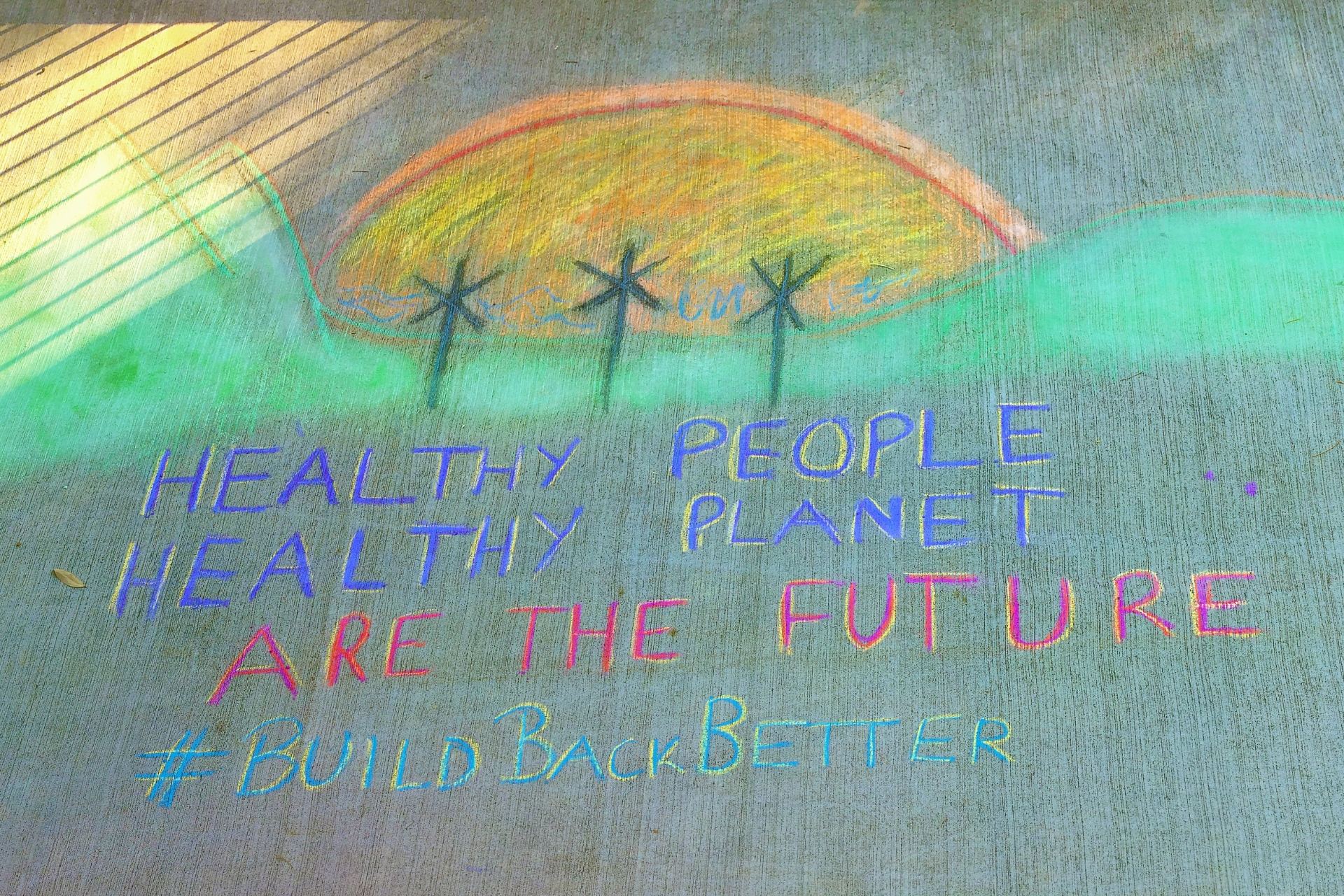
Planetary Health: Taking the Earth’s Temperature for a Healthier Tomorrow
We are reader-supported. When you buy through links on our site, we may earn affiliate commission.
Achieving harmony with the planet is among humanity’s more challenging endeavors — people rely on the earth’s resources, yet resource depletion, eroding biodiversity, collapsing ecosystems and climate change threaten the human future. As a result, “planetary health” — a term bridging environment and medicine — has become one of the most thought-provoking narratives of the present day.
Of course, solutions to poor planetary health require understanding what causes inadequate health in the first place. Here’s an overview of planetary health, the implications of an unhealthy planet, and solutions and metrics for measuring progress.
What Is Planetary Health?
Although environmentalists have used the term for many years, planetary health resurged in 2015 in “The Rockefeller Foundation – Lancet Commission on Planetary Health.”
Essentially, planetary health suggests long-term human well-being depends on the earth’s well-being, whether living or non-living. Although a longer life expectancy indicates impressive advances in modern medicine, science, and technology, it’s come at the cost of resource exploitation. Many of these resources are nonrenewable, while others won’t replenish themselves within the current population’s lifetimes.
The Commission categorizes three damaging environmental trends experts must address to improve human health as follows:
- Conceptual failures: Over-reliance and over-consumption of domestic products, negligence to look at future human and planetary health over current gains, and the effect of disproportionate health and environmental outcomes on developing countries.
- Knowledge failures: Negligence to look at the social and environmental factors of poor health outcomes, lacking transdisciplinary research, and a reluctance to address uncertainty through decision-making.
- Governance failures: Lagging governmental responses to threats and uncertainties and the inability to share pooled resources.
The Causes of Poor Planetary Health
The causes of planetary health are difficult to pinpoint, as it remains a complex issue with several intermingling concerns. Essentially, humans have implicated the planet’s well-being through unsustainable demand and exploitation of natural resources.
For example, humans cut down forests to make room for farmlands and collect timber for manufacturing, fuel and construction. However, healthy forests sequester 7.6 billion metric tons of carbon dioxide (CO2) yearly. Deforestation ultimately accounts for 12%-20% of global greenhouse gas emissions by releasing the CO2 stored in tree trunks.
The trickling effects are breathtaking. Excess CO2 contributes to climate change, while deforestation leads to habitat loss, water and soil pollution, and significant alterations to biogeochemical cycles — all of which tie together and negatively impact planetary and human health.
The destruction of healthy forests and rising climate change increase the spread of diseases like malaria, dengue fever, West Nile virus, and even COVID-19. Likewise, global warming creates more frequent and intensified natural disasters, leading to psychological, immunological, and biological consequences, among others.
Implications of a Sick Planet
Adverse health impacts come directly from exposure to extreme weather patterns — such as heatwaves, flooding, and prolonged droughts — resulting in various respiratory conditions, cardiovascular disease, and poor mental health.
Air and water pollution from hurricanes and wildfires, frequent grid failures, food insecurity, displacement, and poor access to health care services are just as harmful to people.
The World Health Organization predicts climate change and increased exposure to infectious diseases will lead to 250,000 deaths annually between 2030 and 2050. Some experts believe the mortality rate is closer to 529,000 when factoring in worsening environmental conditions and more prevalent disabilities.
Studies also suggest planetary health could have led to more widespread COVID-19. Evidence already shows deforestation, land-use change, biodiversity loss, unsustainable diets, and globalization impact the earth’s well-being. The growing number of wet markets and the exotic wildlife trade — for example, 40,000 live primates, 4 million birds and 640,000 reptiles — also spread zoonotic diseases. COVID-19 itself likely came from bats.
Other ways poor planetary health implicates human health is by:
- Damaging infrastructure and cutting off access to hospitals and other medical services.
- Limiting access to clean resources deemed essential for survival.
- Disrupting industries, impacting employment and people’s ability to afford health care.
- Increasing conflicts between nations and communities in need of essential resources.
- Causing mass migrations in search of resources.
- Creating political unrest and hindering progress toward greater sustainability.
Essentially, poor planetary health induces a domino effect, impacting people’s lives differently across the globe.
Solutions and Actions for Improved Planetary Health
Improving planetary health requires an interdisciplinary approach across international, national, community-wide and individual levels. Some of the potential solutions and actions humanity can take include the following:
- Promote eco-friendly products and embrace minimalism, helping to reduce waste and make wiser buying decisions.
- Opt for alternative transport — including biking, walking, or public transportation — whenever possible.
- Follow a greener lifestyle, including plant-based dieting, shopping for local produce, and leaning into sustainable agriculture.
- Revitalize waste infrastructure and management while promoting proper recycling procedures.
- Create more green spaces throughout communities, converting empty lots into urban gardens and parks.
- Make greater investments in renewable energy resources, improving affordability and accessibility to solar power and other clean energy alternatives.
- Pass new environmental laws and regulations, closing industry loopholes for reducing CO2 emissions.
- Work with other nations on mitigating climate change and preventing further biodiversity loss.
Educating the public and raising awareness of these issues is critical if changes are to be made. Many people don’t understand the intricacies of climate change and how the environmental outcomes implicate humankind.
Measuring Progress
A plan to improve planetary health is crucial, but you also need appropriate metrics to track progress. Environmentally, analyzing air pollution, water pollution, deforestation, and species decline is essential.
From a health standpoint, epidemiologists have the difficult task of predicting disease spread and monitoring waterborne, climate-induced, and respiratory conditions as they occur.
Economic and social changes are also indicative of progress. How does society’s view of the environment change over time? Meanwhile, what is the growing rate of green jobs?
Of course, progress toward planetary health is never linear. Metrics will consistently change, requiring flexibility in collective action.
Treating the Planet for a Healthier Future
You cannot sustain healthy future generations without maintaining planetary health. Humankind will always utilize the earth’s resources — but ensuring they do so sustainably could be a matter of life and death. Checking the earth’s temperature and treating its ailments today will ensure a healthier tomorrow.
Share on
Like what you read? Join other Environment.co readers!
Get the latest updates on our planet by subscribing to the Environment.co newsletter!
About the author
Rachel Lark
Rachel serves as the Assistant Editor of Environment.co. A true foodie and activist at heart, she loves covering topics ranging from veganism to off grid living.





